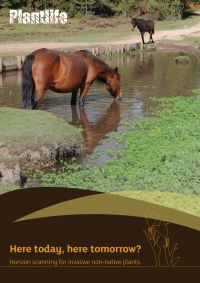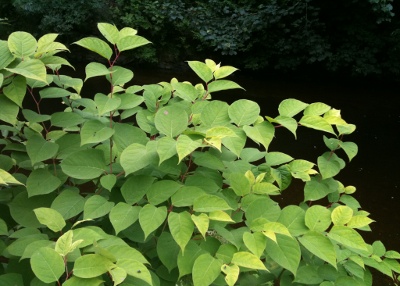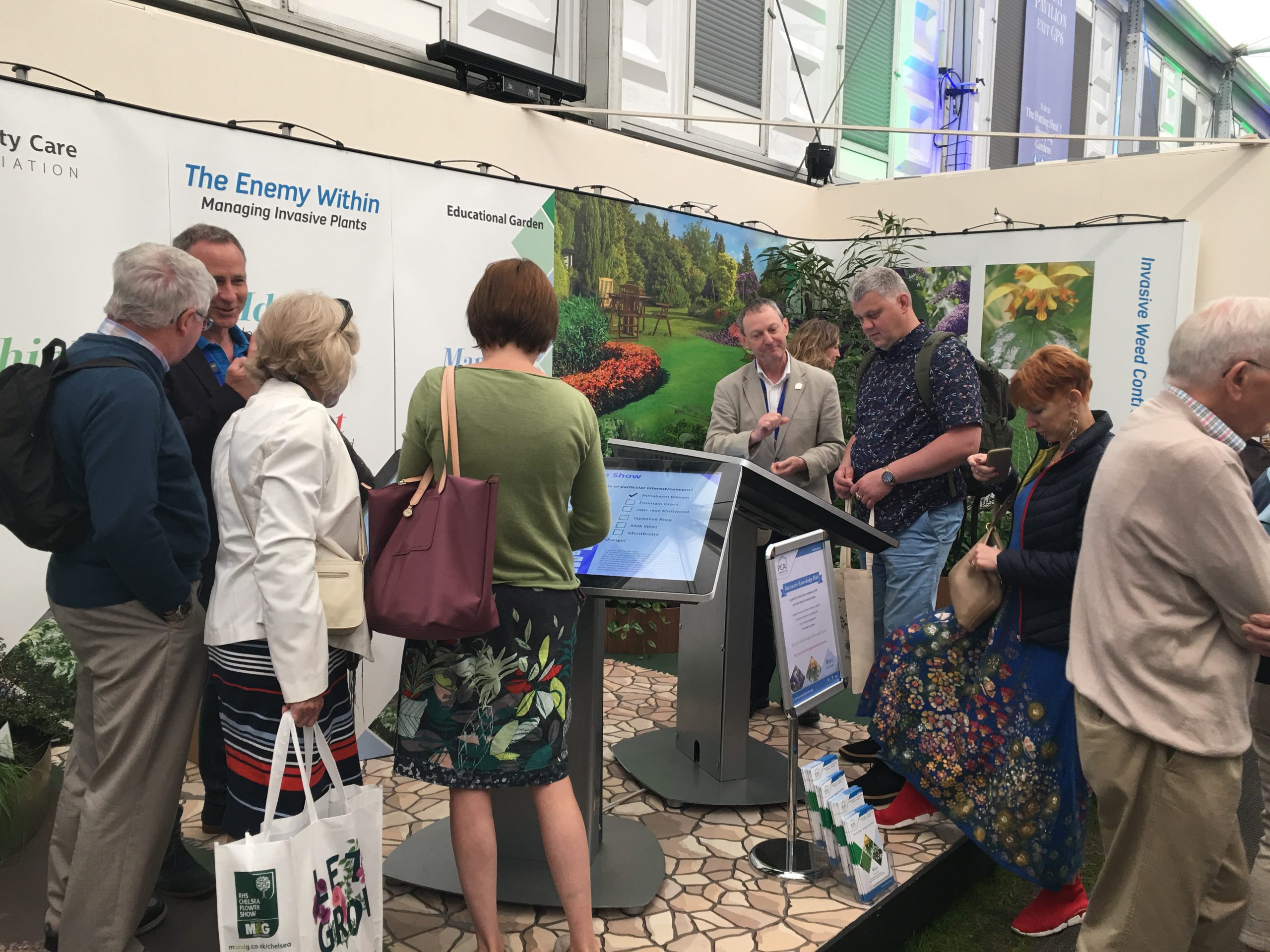Invasive Species Guidance from Plantlife
07-04-2011
Last updated 06-01-2022
Invasive non-native species are considered a threat to biodiversity. They can cause damage to natural habitats and they compete with other plants for light, space and nutrients and often suppress native species. There is a financial cost to the economy too as substantial amounts of money are spent on containing the spread of invasive species and limiting further damage. Plant life is a conservation charity that works to protect plants in their natural habitat and promote their conservation benefits to the wider public. In 2010 they published the report ‘Here today, here tomorrow? – Horizon scanning for non-native plants’. The first part of the report profiles 20 ‘Sites in Peril’ in the UK that are already being threatened or being damaged by non-native plants. An example of a ‘Site in Peril’ is Lundy Island. Invasive species can be particularly damaging to eco-systems when they have developed in isolation. Rhododendron is a threat to the Lundy Cabbage and is being managed by an eradication programme. The second part of the report describes research being undertaken to try to identify non-native plants that may become invasive in the future. Examples include Himalayan knotweed; false-acacia; holm oak, and tree of heaven. Himalayan knotweed is still present in some gardens and nurseries. It grows up to two metres tall like Japanese knotweed and becomes established on stream sides, woodlands edges, roadsides, railway banks and waste ground. Currently the invasive plants that cause the most damage to conservation sites and development sites are:
If you are having problems with invasive species then please contact us at Phlorum. We would be very happy to help. Email or call us on 01273 704449.




